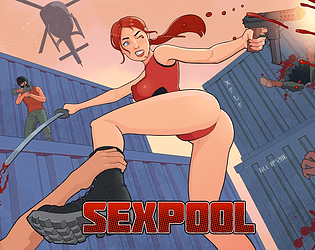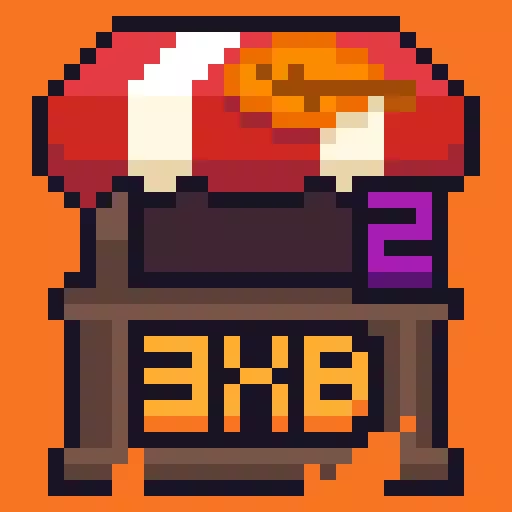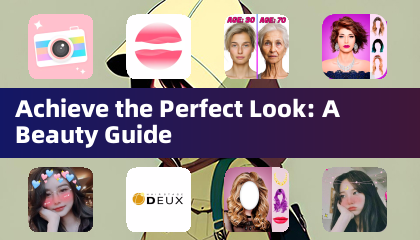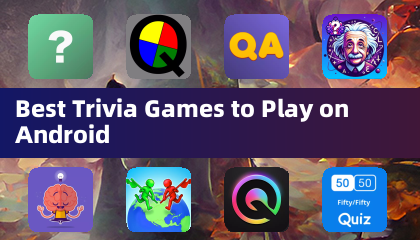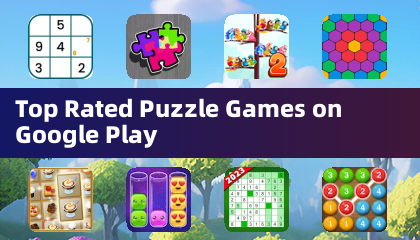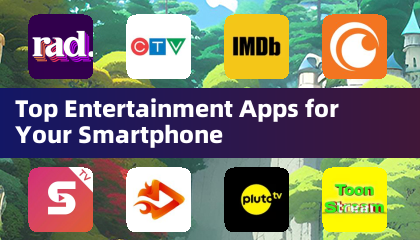Epic Games' Ambitious Metaverse Vision: Unreal Engine 6 and Interoperability
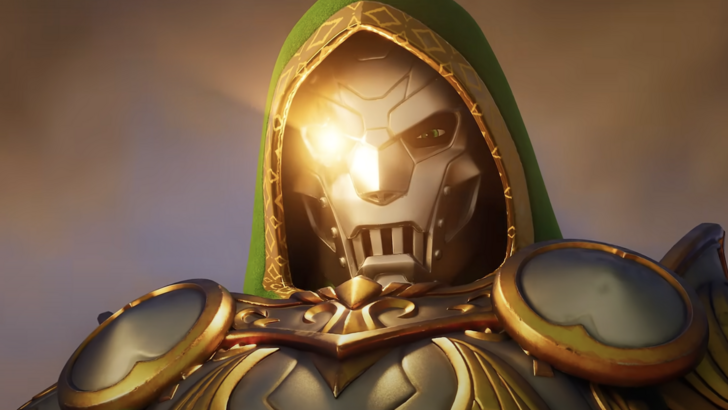
Epic Games CEO Tim Sweeney has unveiled a bold vision for the future, centered around a unified metaverse powered by the next generation Unreal Engine 6. This ambitious project aims to connect disparate gaming ecosystems, fostering interoperability between major titles like Fortnite and Roblox, and potentially others using the Unreal Engine.
A Connected Metaverse and Economy
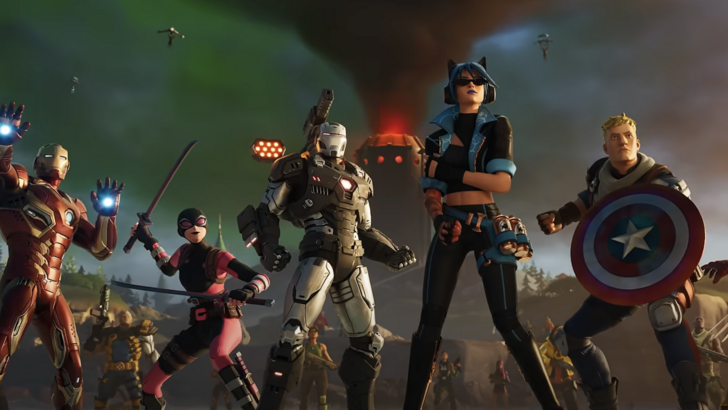
In a recent interview, Sweeney highlighted Epic's financial strength and strategic plan to realize this vision over the next decade. The core of this plan involves integrating the high-end capabilities of Unreal Engine with the user-friendly interface of the Unreal Editor for Fortnite. This fusion, projected to take several years, will form the foundation of Unreal Engine 6.
The resulting engine, Sweeney envisions, will allow developers – from AAA studios to indie creators – to build applications once and deploy them across multiple platforms. This "build once, deploy everywhere" approach is crucial to creating a truly interoperable metaverse where content and technology seamlessly integrate.
Collaboration and an Interoperable Economy

Epic's collaboration with Disney on an interoperable ecosystem serves as a prime example of this vision in action. Sweeney expressed intentions to extend these collaborative efforts to other major players like Roblox and Minecraft in the future. A key component of this interconnected metaverse is a shared economy, designed to incentivize player investment in digital goods.
Sweeney argues that an interoperable economy will increase player trust, as purchases will retain value across multiple games. This contrasts with the current model where digital assets might become obsolete if a game loses popularity. This shared economy is central to Epic's long-term strategy.
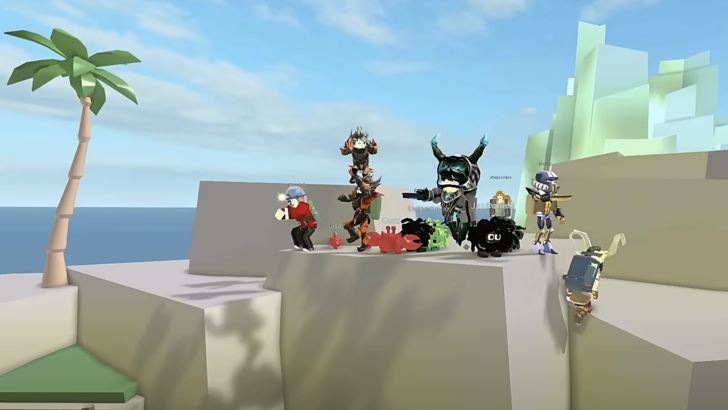
Epic's EVP, Saxs Persson, echoed Sweeney's sentiments, emphasizing the benefits of a federated metaverse where players can seamlessly transition between games like Roblox, Minecraft, and Fortnite. This interconnected experience, Persson believes, will enhance player engagement and longevity. The overall strategy, as both executives have stated, is to build upon the existing successes of Fortnite and expand on proven models, creating a more sustainable and engaging gaming landscape.



